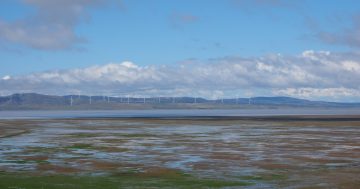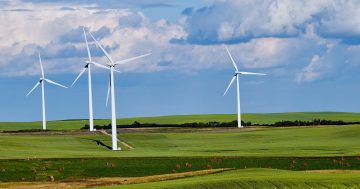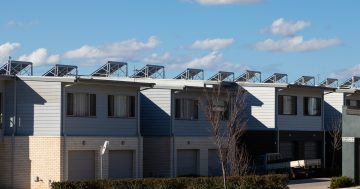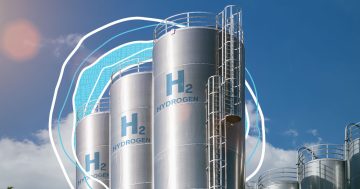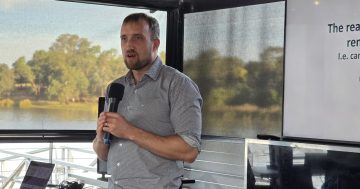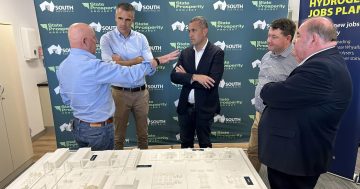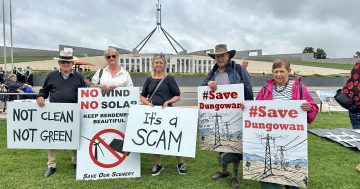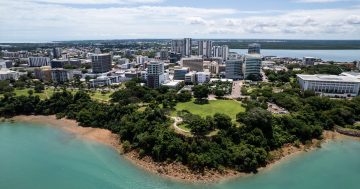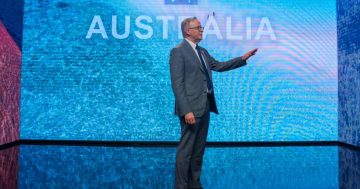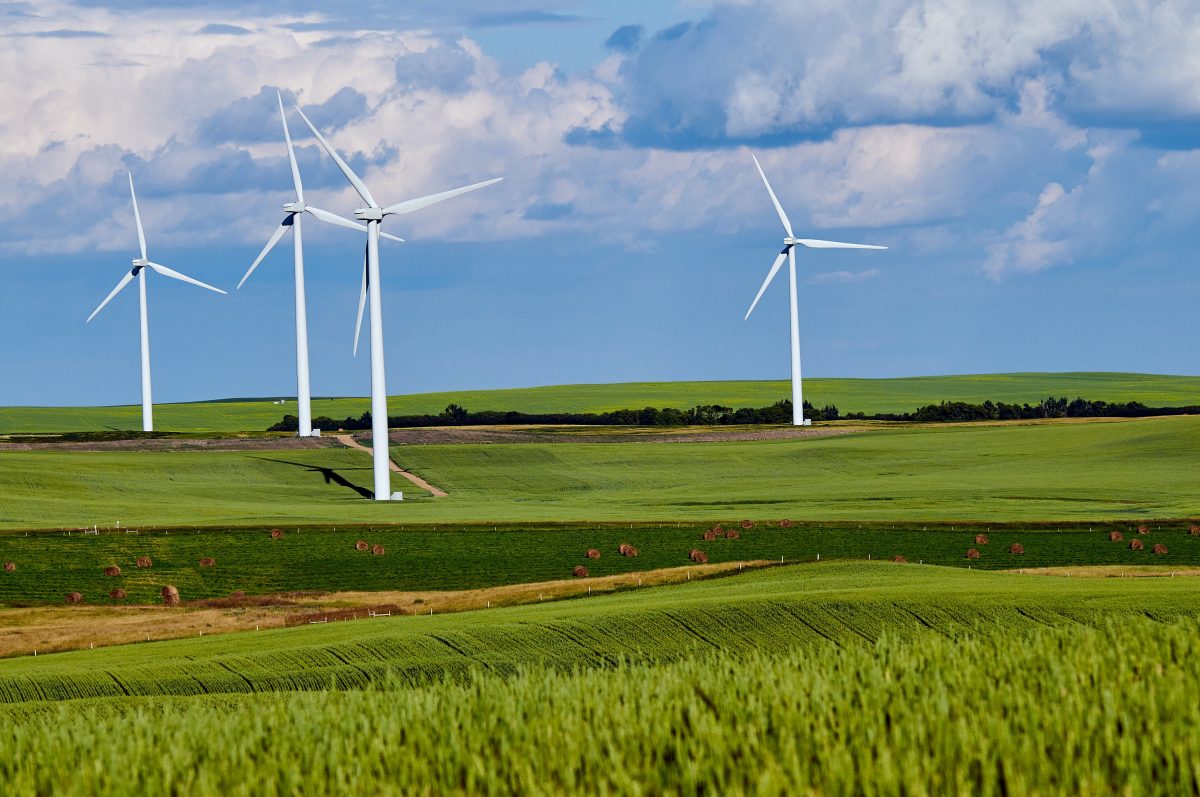
CEIG represents more than 16 GW of installed renewable energy capacity across over 76 power stations and a total portfolio valued around $38 billion. Photo: Abby Anaday.
In response to the NSW draft energy planning framework, the Clean Energy Investor Group (CEIG) has warned the State Government it will fail to meet its 70 per cent cut in emissions target by 2035 without “significant amendments”.
The body of domestic and international renewable energy developers believes the state will fail to attract investors with the current draft guidelines. CEO Simon Corbell said it lacked an expedited assessment process for clean energy and transmission projects, reduced costs and increased certainty for investors “that NSW needs”.
“CEIG recognises this is due to the 10 years of inaction on the part of the previous NSW government,” Mr Corbell said. ”Nevertheless, it is a critical issue that now needs to be addressed.”
At the end of last year, CEIG released a report, in collaboration with international law firm Herbert Smith Freehills, that reviewed the NSW planning approvals process.
This submission to the Delivering Major Clean Energy Projects in NSW report found average approval times for state-significant development renewable energy projects were either “blown out” or lagged behind other jurisdictions.

In a response sent to NSW Energy Minister Penny Sharpe on the government’s draft energy policy framework, CEIG said the current planning system faced significant challenges. To meet the state’s current emissions targets, they said it will rely on efficient, comprehensive and transparent statutory planning assessment and approval procedures “without unwarranted delays”.
Over the past five years (October 2018- December 2023), the NSW Department of Planning, Housing and Infrastructure (DPHI) has only approved two new wind projects. These “hurdles” in the state’s planning create exceptional complexity and difficulty in security projects and ultimately impact consumers, according to the report.
“CEIG has observed that with the current assessment and approval process for windfarms, assessing changes to existing development approvals can be just as complex and time consuming as the initial assessment process,” the paper reads. “This is also true when proposed changes are minor and the modification aims to enhance environmental and social outcomes.
“Any delays in planning, access rights, transmission, connections, or investments might force NSW to incur significant costs to extend the planned closure of the 2.88 GW Eraring coal-fired power generator in August 2025.”
The response states it will require a coordinated approach, combining diverse clean energy projects, and meeting short-term targets of at least 12 GW of renewable energy generation and 2 GW of long-duration storage by 2030.
Mr Corbell said the good news was that the NSW government could fast-track major clean energy projects by leveraging the existing critical state-significant infrastructure declaration process as well as streamlining the development application process.
“We can have our cake and eat it too on renewables – good-quality consultation, a robust approvals process and meeting our clean energy targets are all within our grasp,” he said.
“Investors want it, voters want it and the planet simply cannot wait for unnecessary bureaucratic red tape to be taken out of the equation.”


